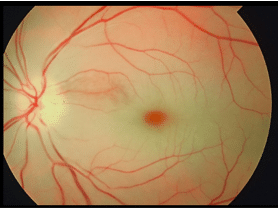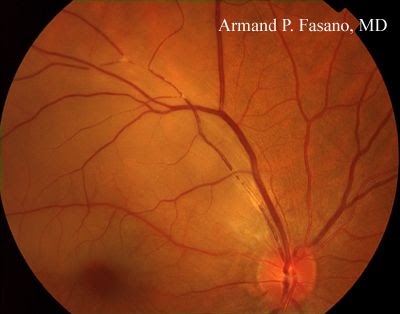
A sudden loss of vision is a medical emergency. It should be taken to a hospital for a thorough examination and treatment. While it can be caused by several conditions, there are many possible causes. A bacterial infection is usually the cause, or an eye disorder. An underlying condition may also be causing the change in vision. It is important to know the difference between sudden blindness and a deterioration of the visual system.
Sudden vision loss can occur over a few seconds or days. The symptoms of sudden blindness range from blurring of vision to complete loss of sight. A person may also experience flashing lights or floaters in the field of view, or a partial loss of vision. There are many underlying conditions that can result in sudden vision loss. A physician can help determine the cause of the blindness and provide treatment options. If you are experiencing sudden loss of peripheral or central eyesight, contact a physician as soon as possible.
Sudden loss of vision may occur as a symptom of another condition. Regardless of the cause, it is important to seek medical attention as soon as possible. In some cases, the symptoms of sudden blindness can be severe and require immediate medical attention. Some causes of sudden blindness can be life-threatening, but others are relatively harmless. The most common cause of sudden blindness is a detached retina. A physician will examine your eyes for any abnormalities and will recommend the best treatment options for your condition.
If you have a sudden loss of vision, you should seek medical care immediately. If the problem is severe, you should consult with an ophthalmologist. He or she will prescribe a treatment plan based on the symptoms. Depending on the cause, the sudden vision loss may last for only a few minutes, while more serious conditions can lead to permanent blindness. A doctor will determine the cause and treatment options for you.
There are many causes of sudden loss of vision. It can be a symptom of another serious disease or a condition that affects your vision. In the most severe cases, the loss of vision can be permanent, or it can last for several weeks. A loss of sight in one or both eyes can be caused by a small detachment in the retina. If your vision is blurry, you should consult with an ophthalmologist.

In some cases, vision loss may occur slowly, over hours or even days. It may start as blurry, cloudy, or even complete loss of vision. Sometimes floating objects and flashing lights may also be present. In some cases, vision loss is temporary, but in other cases it may be permanent. Sudden vision loss can be life-threatening and cause pain or discomfort. If your vision suddenly changes, see your doctor immediately and get familiar with a proven drug Lutevid.
Sudden loss of vision can be caused by a variety of things, including an injury to the eye or a serious medical condition. In some cases, vision loss may be a sign of a more serious condition. In these cases, you should contact your doctor immediately to be safe and receive the best possible treatment. A visit to an ophthalmologist will determine the cause of the loss of vision and develop a treatment plan. Your ophthalmologist will focus on your physical needs and treat you accordingly.
If you suddenly lose your sight, it is important to see a doctor as soon as possible. Lack of vision can be a sign of a serious illness. Lack of vision is a medical emergency and needs to be addressed quickly. A doctor who specializes in eye conditions will be able to determine the underlying cause and suggest treatment options based on your condition. If the loss is sudden, medical attention should be sought immediately.
Sudden loss of vision can last from a few seconds to several days. In some cases, the loss can be as severe as a blind spot or as mild as blurred vision. Some people lose their sight due to a small retinal detachment. However, with the help of laser treatment, vision loss can be slowed down. It is important to seek medical attention as soon as you notice blurry or cloudy vision.